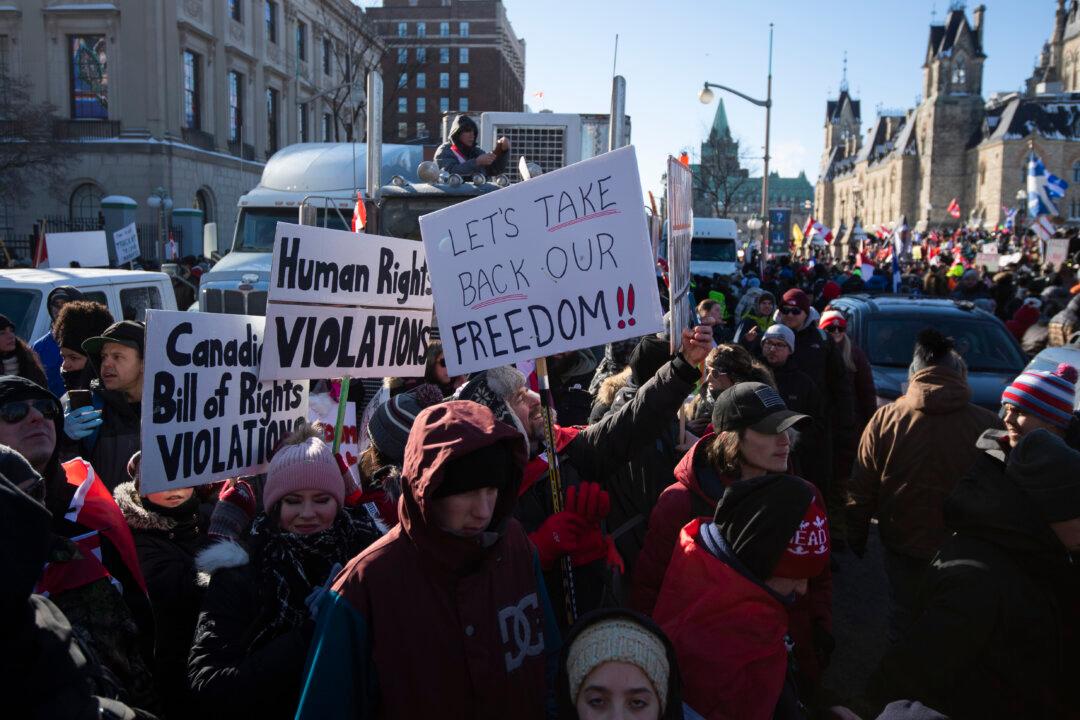Nearly two years after the Freedom Convoy first began, a federal judge has ruled that Ottawa’s invocation of the Emergencies Act in response to the cross-country protest was “unreasonable.” But that decision contrasted with the conclusion of a federal inquiry report from early 2023, which found the government was justified in invoking the act for the first time in Canadian history.
The Liberal cabinet has said it will be appealing Justice Richard Mosley’s Jan. 23 decision, with Deputy Prime Minister Chrystia Freeland saying during a press conference that invoking the act was a “hard decision to take,“ but also ”the necessary thing to do” at the time.





